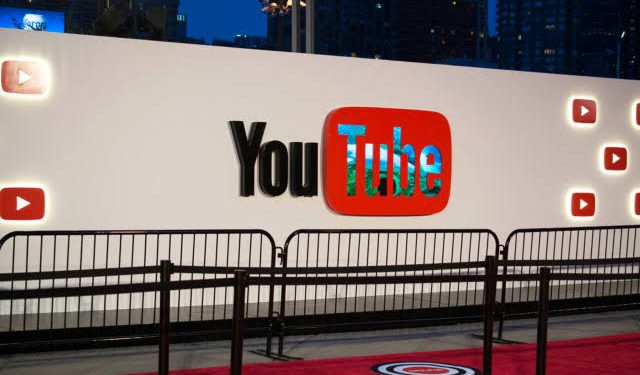YouTube is tightening its monetization rules, and many creators could soon feel the impact.
Starting July 15, 2025, new policies under the YouTube Partner Program (YPP) will target content that is repetitive, mass-produced, or lacks originality. The platform says this change aims to “protect authentic creators” and raise content quality.
According to YouTube, two major categories will no longer qualify for monetization:
- Mass-produced content, like AI-generated slideshows with robotic voices
- Repetitive content, including reaction mashups or compilations with little editing
Videos using reused scripts, automated narration, or minimal changes like color filters will be demonetized. Channels relying on these tactics also risk losing access to the YPP altogether.
“YouTube is now rewarding originality,” the company said. Content must show human involvement such as unique insights, personal voice, and meaningful editing.
Still, YouTube clarified that AI isn’t banned. Creators can use AI tools as long as they add clear value through commentary, creativity, or customization.
To be eligible for monetization, creators must meet the existing YPP requirements:
- At least 1,000 subscribers
- 4,000 public watch hours in 12 months or 10 million valid Shorts views in 90 days
- Compliance with the updated originality rules
Once these are met, channels undergo a manual review. Starting July 15, this process will include closer checks on authenticity.
As AI-generated content floods the platform, this new policy seems very necessary. Many channels use voiceovers, templates, or bots to churn out videos fast. Entire forums now teach creators how to “earn without showing your face.”
But YouTube is pushing back. According to Statista’s 2025 report, over 9.5 million videos were removed in late 2024, mostly for violations tied to automation and repetition.
This update will likely reduce earnings for channels that relied on low-effort formats. CPMs (cost per thousand views) vary widely—from $0.50 to $10—but videos with minimal value may now earn nothing at all.
By tightening the rules, YouTube is betting on real creators over recycled content—and changing the definition of what’s worth watching.
























































